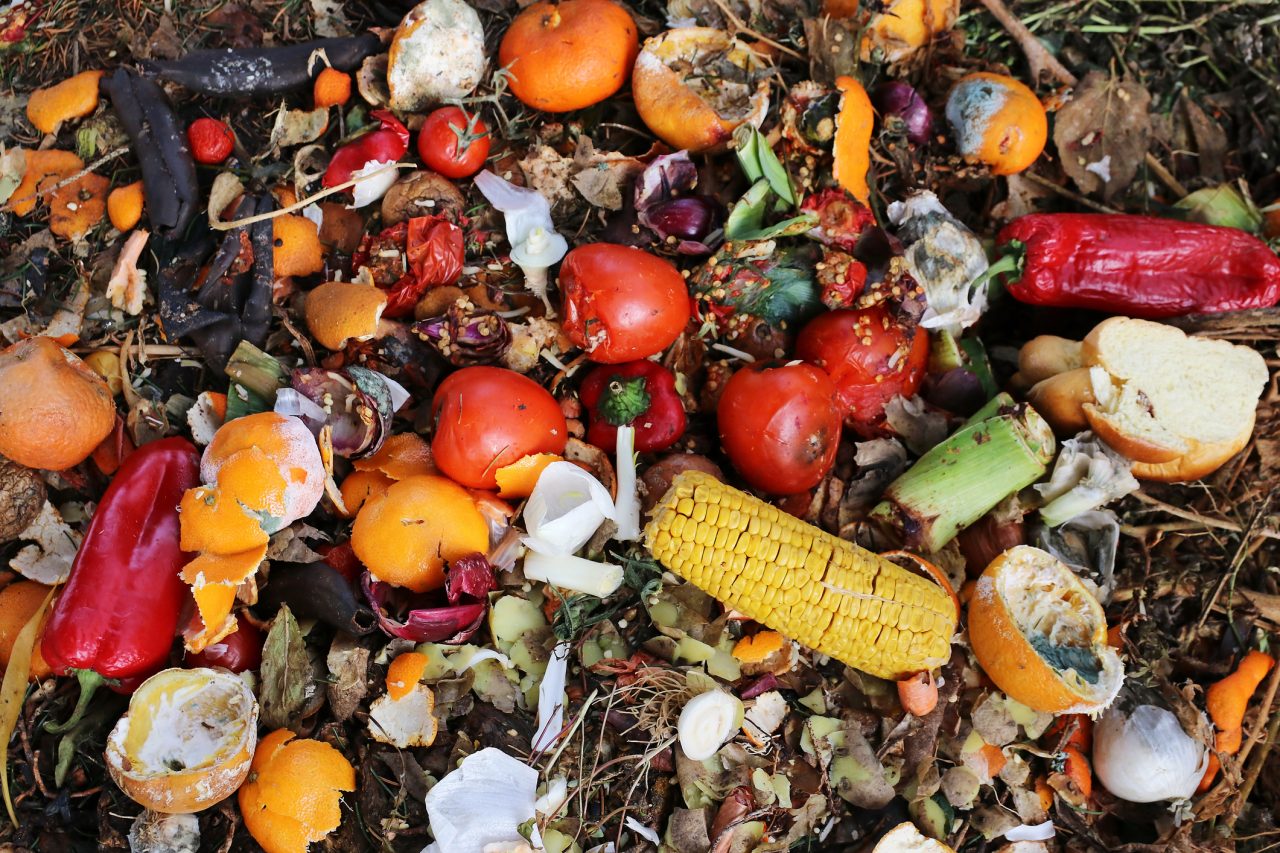
Kastede matrester på søppeldynga
Food waste
There are several ways that stores can reduce food waste. Preventable food waste is food that was once edible. It can be sold at a cheaper price or given away to charity before it goes out of date. Then the food can be eaten rather than thrown away.
Non-edible food waste is food that is not normally eaten; examples of this are old bread, food that tastes and smells strange and scraps from fish, meat and vegetables.
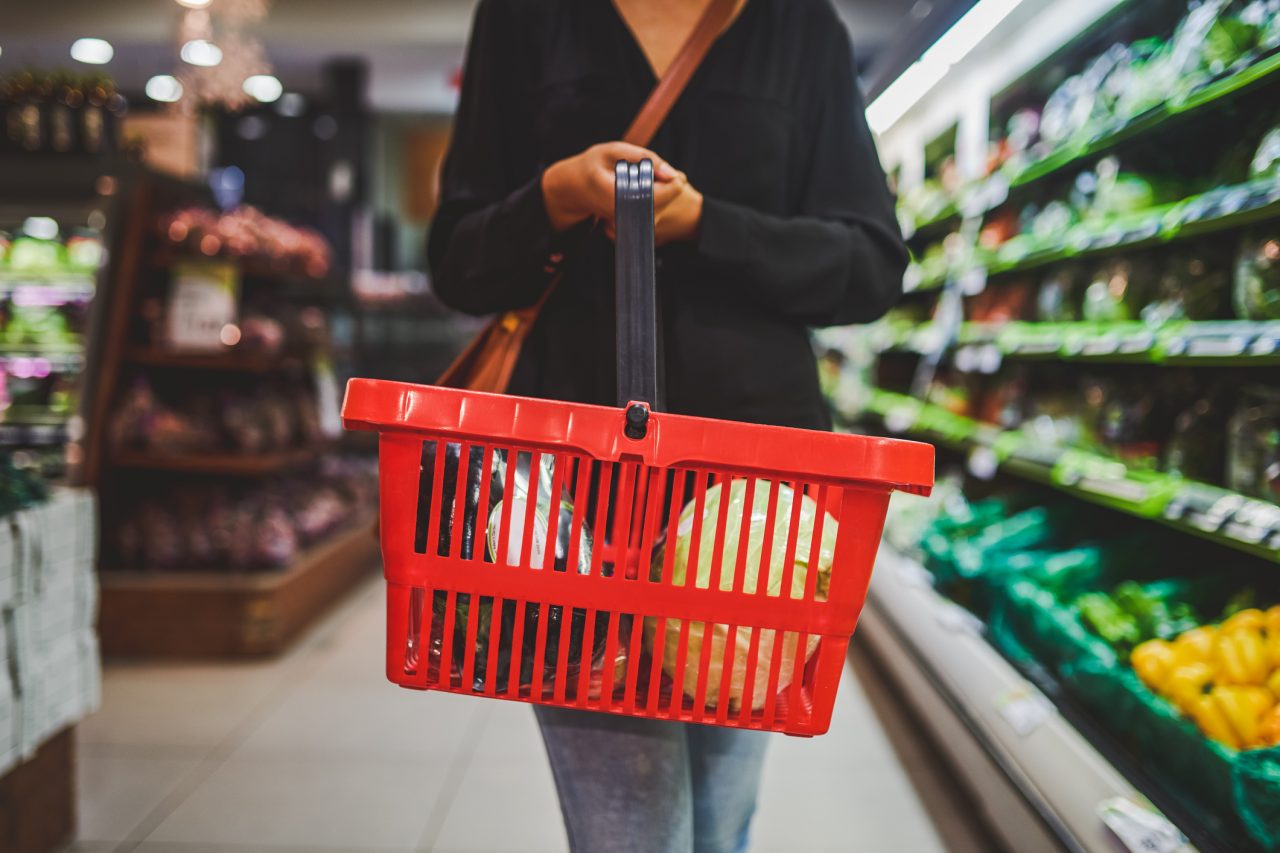
Dame som handler i en matbutikk
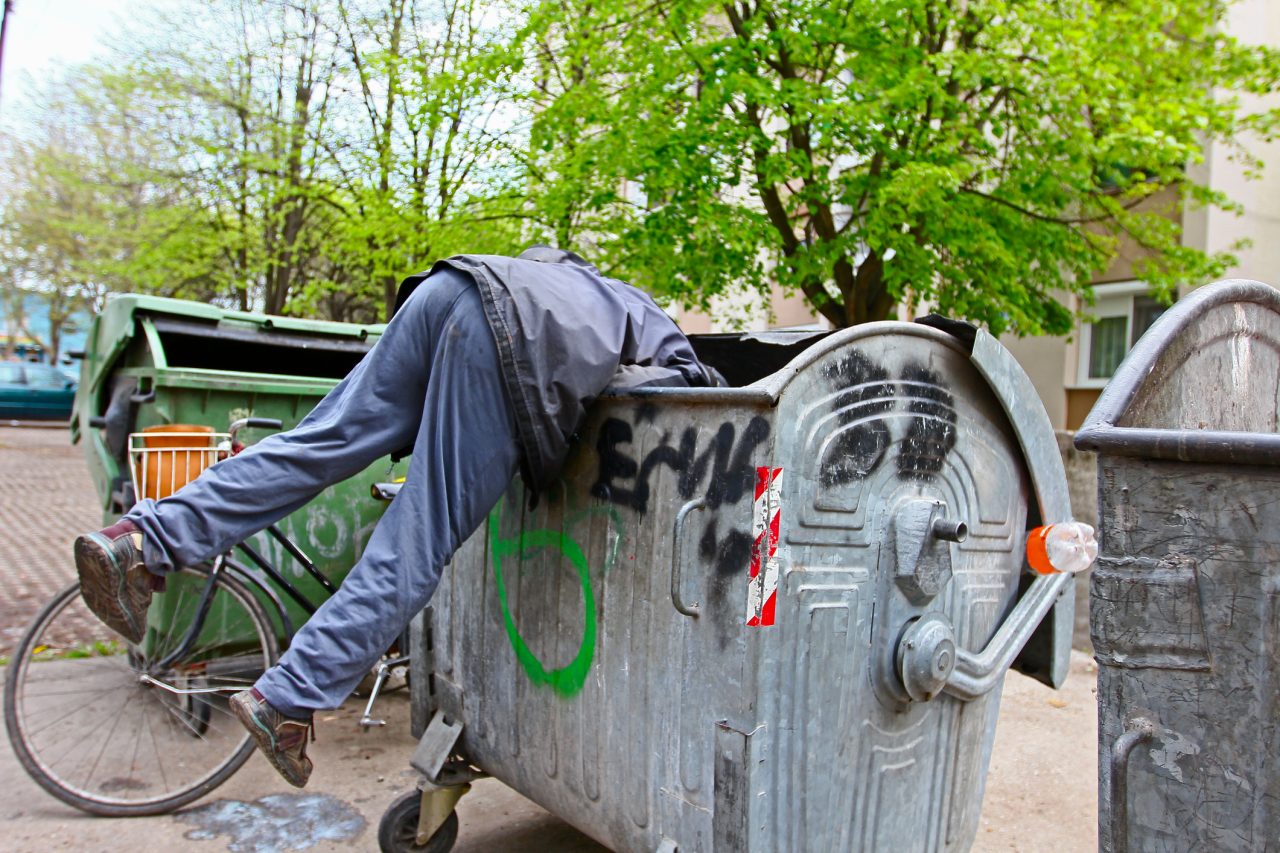
Mann leter i søpla
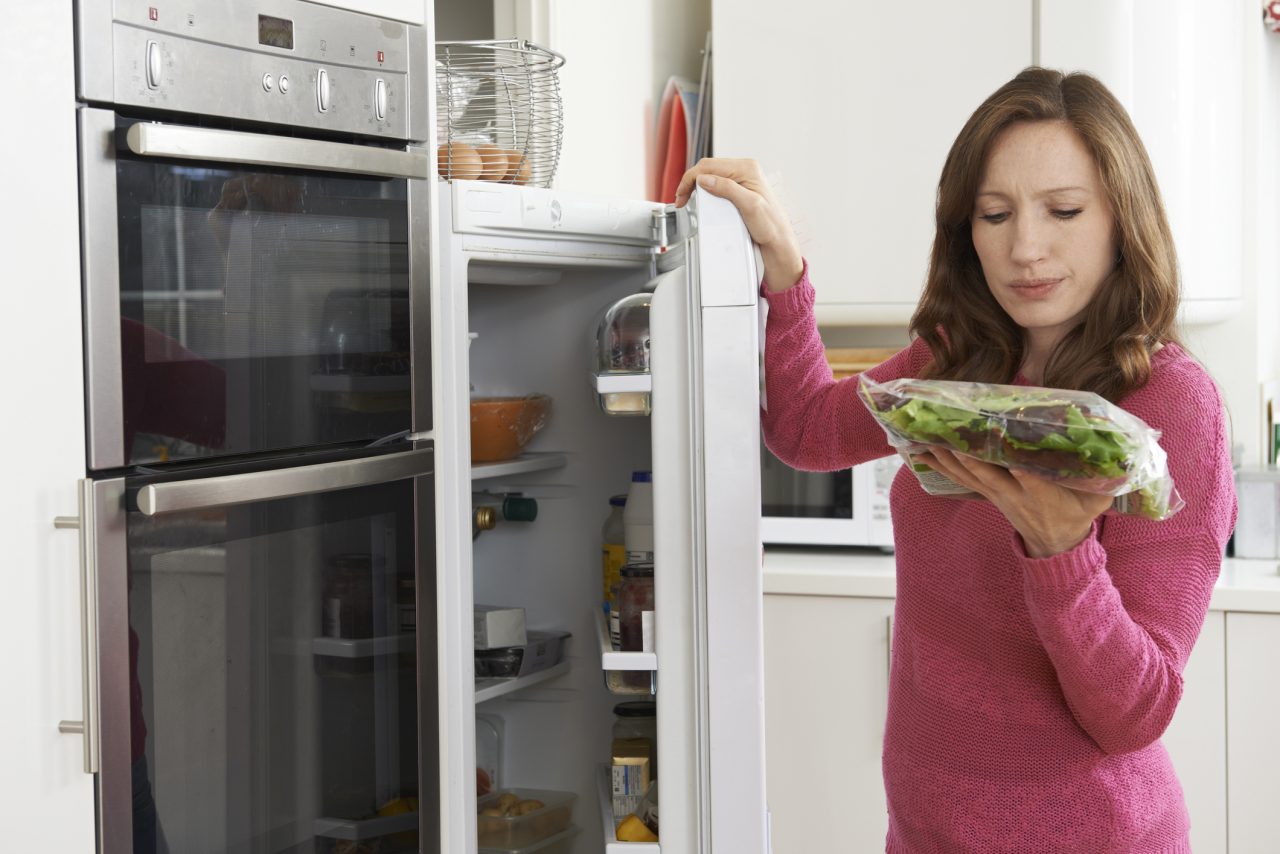
Kvinne sjekker utløpsdato på en pakke med salat fra kjøleskapet
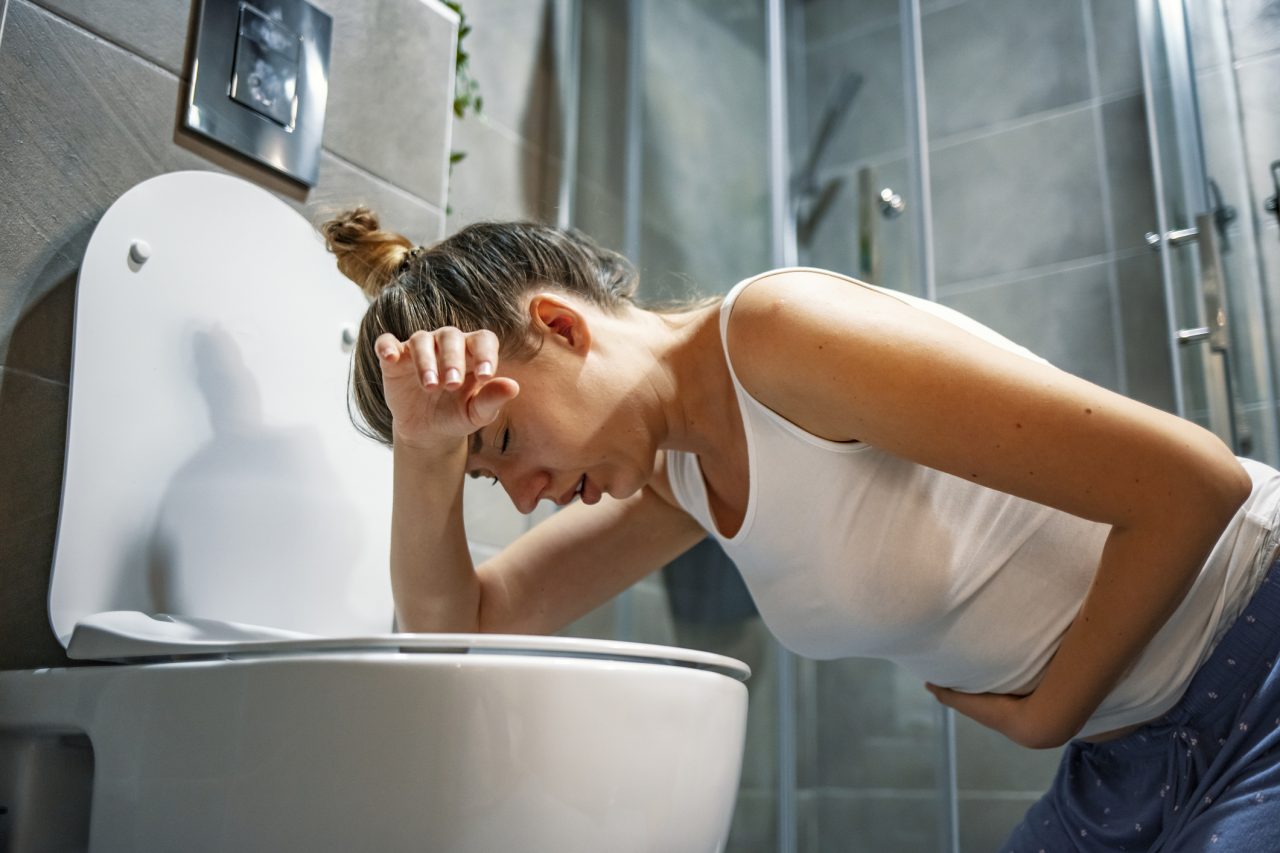
Ung kvinne som er syk og sitter på baderomsgulvet lent over toalettskåla
What is food waste?
How can you help reduce food waste?
Sources:
- Nasjonalforeningen for folkehelsen (12.08.21): Trygg mat
https://nasjonalforeningen.no/smart-pa-mat/trygg-mat/
- Matvett.no (12.08.21): Om matvett
https://www.matvett.no/om-matvett
- Matportalen (12.08.21): Merking av mat
https://www.matportalen.no/merking/tema/merking_av_mat/
- NHO Mat og Drikke (03.09.21): Best før, ofte god etter
https://www.nhomd.no/politikk/tilsyn–og-matregelverk/best-for.-ofte-god-etter/
- Matvett (26.12.2022): Best before often means good after
https://www.matvett.no/bransje/matvett-in-english/best-before-often-means-good-after
- Table 2 Table (25.01.2023): Understand the types of food waste
https://table2table.org/understand-the-types-of-food-waste/#:~:text=The%20main%20takeaway%20this%20month,reduce%20the%20preventable%20food%20waste
Media Rights:
-
-
Getty Images
-
Getty Images
-
Getty Images
-
Getty Images
-
Getty Images
-
ClimateScience – Solve Climate Change – YouTube
-


